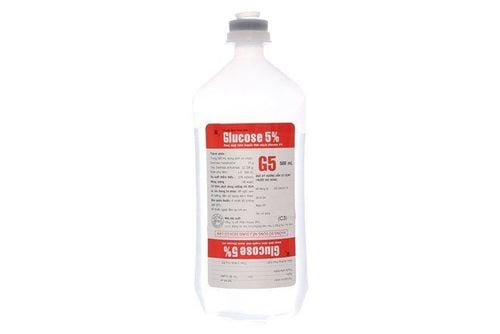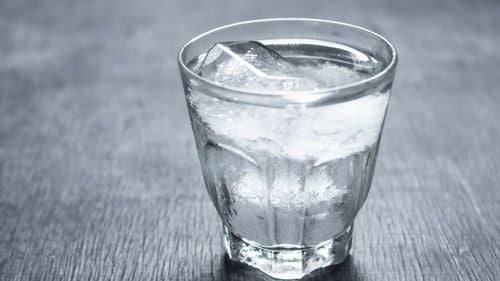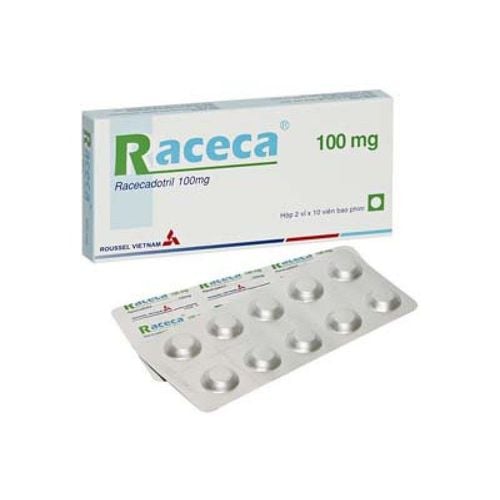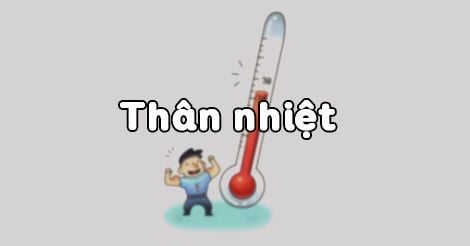This is an automatically translated article.
The article is advised by Master, Doctor Nguyen Thi Nhat - Infectious Diseases - Department of Medical Examination & Internal Medicine - Vinmec Hai Phong International General HospitalSalt is an inorganic compound with the chemical formula NaCL. In the human body, salt plays a role in maintaining osmotic pressure, balancing the amount of water in the body and ensuring acid-base balance. Health experts recommend that eating too much salt or not enough salt can have serious health effects.
1. What role does salt play in human health?
Besides being an indispensable spice in dishes, salt is also present in the composition of natural foods such as seafood, sea fish, meat, milk.... When provided with a reasonable amount of salt , the body can ensure acid-base balance, preventing many diseases that are dangerous to health. Specifically, salt plays an important role in keeping the water balance inside and outside cells, in the blood vessel lumen, maintaining osmotic pressure, maintaining cell potentials and conduction of nerve impulses. . In case the body lacks salt, it will lead to hyponatremia, causing swelling of the hands and feet due to free water loss. Conversely, excess salt in the body can lead to heart disease, blood pressure and kidney disease.
Trắc nghiệm: Muối trong thực phẩm, natri, huyết áp và sức khỏe của bạn
Muối, natri là chất khoáng cần thiết cho cơ thể để duy trì hoạt động ổn định. Tuy nhiên, chế độ ăn thừa muối có nguy cơ cao dẫn tới các vấn đề sức khỏe nghiêm trọng. Cùng làm bài trắc nghiệm sau đây để hiểu hơn về những ảnh hưởng của các khoáng chất này tới huyết áp và sức khỏe bạn thế nào nhé.
Nguồn tham khảo: webmd.com
2. How much salt does the human body need?
The salt needs of people by age according to the recommendations of the World Health Organization are as follows:
The amount of salt tolerated in the body for an adult is about 5g salt / day. The maximum amount of salt for children under one year of age is less than 1g of salt per day. However, you do not need to add salt to your child's daily food, because in the natural foods that the baby eats weaning food such as meat, eggs, milk, etc., there are sodium components in accordance with the recommendations of experts. family. The amount of salt for children from one to three years old consumes up to 3g of salt/day. Children 7 years and older can have up to 5g of salt. For patients with diseases such as heart disease, kidney disease, high blood pressure ... the amount of salt can be adjusted down according to the doctor's instructions. In the case of premature babies, poor kidney function, salt intake should be limited to a minimum. Therefore, parents should breastfeed their babies exclusively, or choose formulas with low mineral content.

3. What happens to the body without salt?
If the necessary amount of salt is not met, the human body can face health problems such as:
Electrolyte deficiency: In human sweat, tears, and urine, there are salts. Therefore, a bland diet leads to a lack of salt, which can cause electrolyte deficiency, metabolic disorders, decreased blood volume...
Brain edema: Lack of salt causes the body's blood sodium level to lower than normal. edematous brain parenchyma. Signs of a lack of salt in the body that cause brain edema include: Headache, dizziness, confusion, loss of concentration, nausea... The amount of sodium in the blood decreases rapidly and suddenly can appear severe symptoms such as: coma, convulsions...
Low blood pressure: When blood sodium decreases, the osmotic pressure in the blood vessels is reduced, causing blood pressure to drop. The consequence of low blood pressure is making the body tired and exhausted due to the lack of oxygen and nutrients in important organs such as the brain, liver, kidneys, etc.
Whole body edema: A light diet causes blood sodium levels to decrease, causing free water to escape from the interstitial spaces, causing the body to swell in hands, feet, legs or more dangerously, the whole body.
Decrease in muscle function: Symptoms of muscle dysfunction such as muscle fatigue, cramps, ants crawling, muscle paralysis.... are signs of a lack of salt in the body causing hyponatremia.
The appropriate amount of salt for the human body depends on age, health status... For adults with normal health, arbitrarily cutting salt below the recommended level can be the cause of cause many serious health problems. Therefore, consult your doctor, nutritionist about the daily diet that best suits your body for the right adjustment.
Please dial HOTLINE for more information or register for an appointment HERE. Download MyVinmec app to make appointments faster and to manage your bookings easily.














